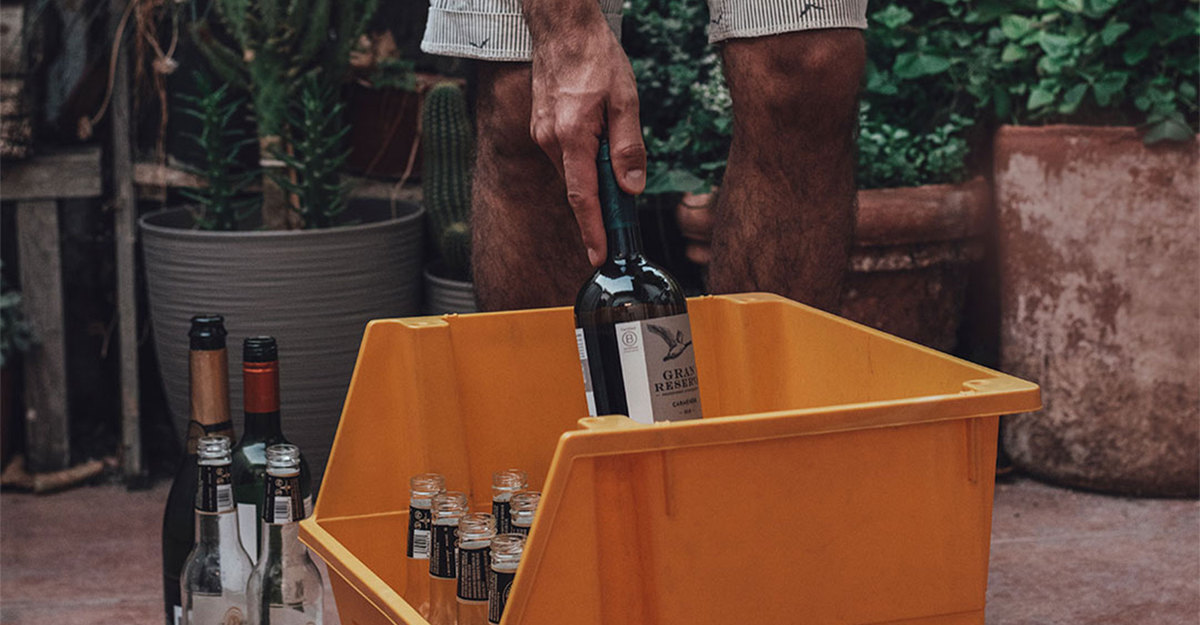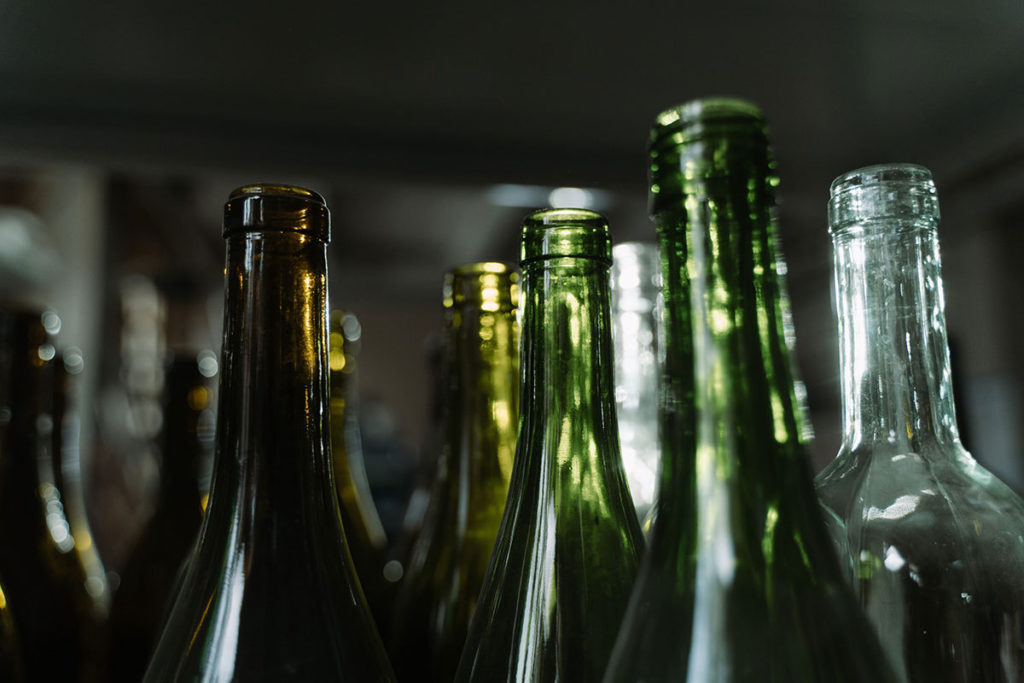Reducing the carbon footprint one bottle at a time


Many of us are already used to separating our waste to send for recycling, but what happens to our glass bottles when they are taken away by the collection truck?
Recycling glass bottles is a good practice to reduce waste in landfills while preserving natural resources and reducing pollution because glass is a durable material that can be recycled indefinitely without losing its properties.
Glass recycling begins with collecting used containers, which can be of different colors, such as green, brown, or transparent. They are then taken to a recycling plant, where they are crushed and cleaned to remove any impurities.
Once the glass has been cleaned and ground, it is melted at high temperatures and molded into new containers. It uses significantly less energy and materials to produce new glass from raw materials such as sand, lime, and caustic soda. This process also reduces the emission of greenhouse gases and other pollutants associated with the manufacture of new glass.

At the household level, there are several practices you can adopt to ensure that glass is recycled correctly. Here are some suggestions:
By following these practices, we can contribute to the care of the environment and reduce the environmental impact associated with waste disposal. Remember this every time you finish a Gran Reserva Carmenere or Gran Reserva Sauvignon Blanc bottle!
We comply with the highest standards of verified social and environmental performance, transparency, and legal responsibility to balance benefit and purpose.
We adopt an Impact Business Model, creating beneficial links between business, community, and environment.
The Gran Reserva vineyards are an important part of the project to conserve native forest areas and protect local biodiversity. Our native forests have the ability to retain rainwater and control the kind of climate change that results from water shortages.
We take care of 1,432 hectares of protected forests and, on average per vineyard, a total of 105 species of fauna and 48 species of registered flora.
Our effort to preserve nature begins with responsible water consumption. 99% of the water we use comes from surface and subterranean sources.
Our vineyards are drip irrigated, which translates to a 90% efficiency on water consumption, and over the past 3 years, we’ve reduced our water footprint by 10%.
All of our winemaking processes require the use of energy. Our choice to invest in clean, renewable energy reflects our desire to co-create a sustainable planet for the future.
100% of the electricity used to make the wines in the Gran Reserva collection come from renewable sources, including solar energy.
Concha y Toro has been certified under the Wines of Chile Sustainability Code since 2012, which means that our vineyards are officially recognized as sustainable vineyards.
The wines in our Gran Reserva collection are crafted entirely from estate-owned grapes in sustainably managed vineyards.